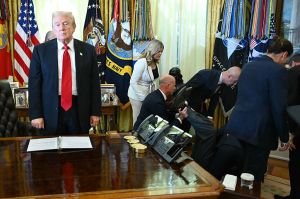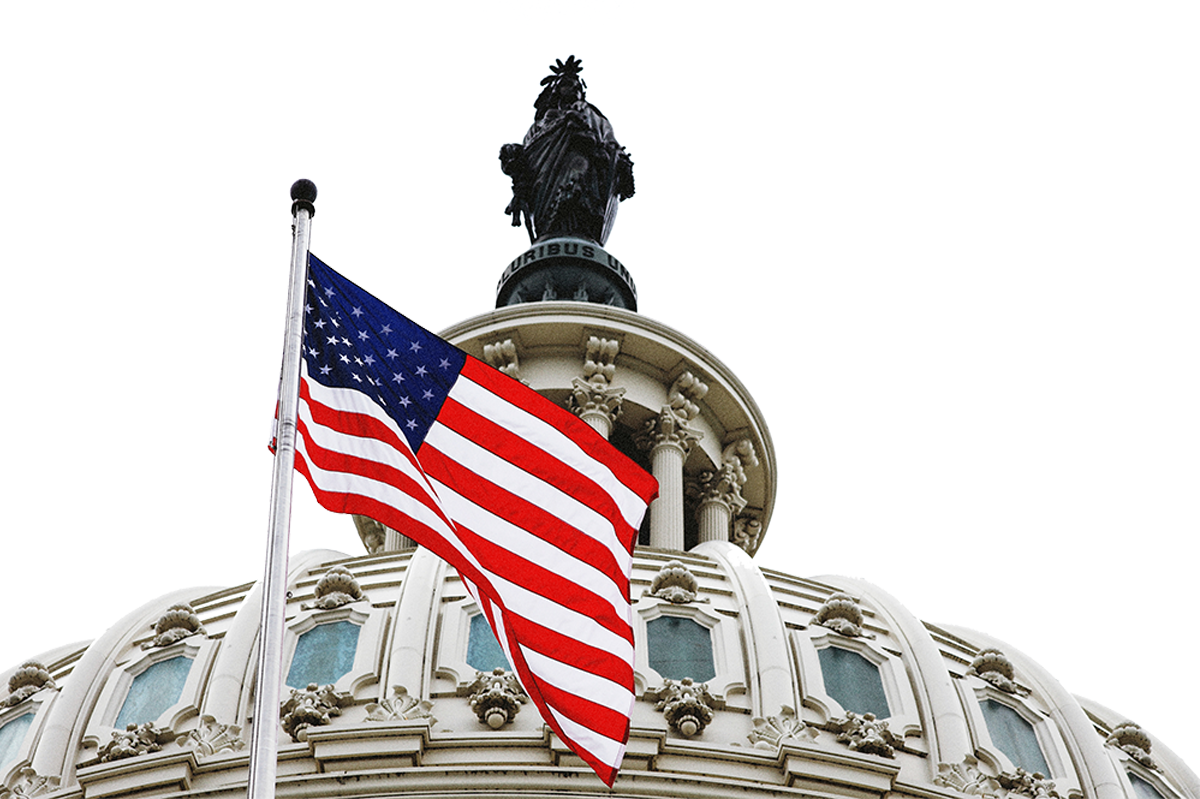A crack has developed in the NATO alliance, but surprisingly it has nothing to do with Ukraine. On Wednesday, the Danish foreign minister summoned the American envoy to answer for allegations that US citizens were carrying out covert influence operations in Greenland. According to reports, the men were seeking to incept a Greenlandic liberation movement meant to “pave the way for a US takeover” of the world’s largest island. They compiled lists of potential secessionist recruits who would support becoming part of the United States, going so far as to cultivate contacts during repeat visits to Greenland. Research was also done into those on the island who may fervently oppose such an alteration of the status quo, a far less routine action. Additionally, the men trolled for stories from locals that paint Danish control in a negative light, hoping to promote division and discord.
Although the men were not named in the thoroughly-sourced Danish media report, other outlets have since made guesses as to their identities. Interestingly enough, the two most-named men both have ties to the Trump administration. One, businessman Tom Dans, was an Arctic advisor during the first Trump term and runs a nonprofit promoting closer ties with Greenland. The other, Drew Horn, was a Republican advisor and now leads a rare earth minerals company. Each have made visits to Greenland since January, when Trump was inaugurated. Both America and Denmark agree that the men in question were acting as private citizens, but Washington has not denied their informal connections to the administration nor disavowed their purported mission. Instead, the president’s press team has told the Danes to “calm down” and not overreact to the incident.
This controversy comes after months of back-and-forth over the future of the semi-autonomous Danish possession, with the Trump administration desiring American control of Greenland for economic and security purposes. As is becoming fairly commonplace with this president, this is a good idea, but sorely lacks in execution.
Greenland’s geographic location makes it a key cog in America’s defense architecture, controlling access into the Atlantic from the north or the Arctic from the south. It sits astride the most likely path for Russian nuclear missiles heading toward the continental United States and already hosts an important American military presence at Pituffik Space Base. It is rife with unexploited fossil fuel reserves and hosts one of the biggest rare earth mineral deposits on the planet. As Arctic shipping becomes more cost-effective, Greenland will be primed to exploit it. It is sparsely populated and lightly defended by a Danish government that sits thousands of miles away. And it is rapidly becoming a geopolitical battleground.
Both China and Russia have significantly grown their Arctic presence in the past few years, seeking avenues for economic growth, power projection, and militarization. Behind Canada, Russia hosts the longest Arctic coastline and has traditionally been the power most engaged in the region, especially for military purposes. China has no Arctic connection to speak of, but this has not stopped Beijing from building icebreakers and conducting suspect “research” trips in the region, usually near American territory. China has also encroached into Greenland, seeking mining rights, economic concessions, and political influence. Denmark, as a small European nation, is simply unprepared to deal with these rising threats.
The Danes have recognized this reality, signing new agreements with the US on Greenlandic defense. But this is not enough. American security in a newfound era of great power conflict relies in part on Greenland. It can either serve as the Western Hemisphere’s soft underbelly or it can become an unsinkable aircraft carrier and bulwark against enemy belligerence.
American policymakers should prefer the latter. The US is better positioned to bring Greenland into the 21st-century economic and security architecture; it has more money to spend on defense, it is more implicated by an unstable Greenland, it has greater ability to extract resources, and it can do more to improve the lives of Greenlanders. By ramping up Washington’s military presence, including stationing ballistic missile defenses therein, the security of both Greenland and America will be greatly enhanced.
Hosting troops is no guarantee of future cooperation or integration, as the US recently found out vis a vis the critical Diego Garcia airbase in the Chagos Archipelago, which the UK unnecessarily transferred to Mauritian sovereignty – a nation heavily infiltrated by Beijing. Denmark does not seem to be on this path, but politics can change in an instant. A greater degree of US control is required to avoid that outcome.
America has a long history of peaceful territorial expansion. Indeed, there have been multiple attempts to purchase Greenland itself, notably by Harry Truman in 1946. But American objectives do not necessitate annexation. Greater influence could be found with a joint US-Denmark condominium over the island, a permanent lease agreement, or a Compact of Free Association with an independent Greenland, similar to those Washington has with a variety of Pacific islands. All would be challenging for Copenhagen to accept, but there is potential here.
Denmark could retain mineral royalties, earning millions annually on exploration that US companies carry out. It could allow the Danes to focus on Europe and become a leader in NATO’s continental defense. And it would save Danish taxpayers hundreds of millions of dollars in annual subsidies paid to Greenland. For Greenlanders, greater US influence would vastly improve their standard of living, including through direct annual payments, interest in resource exploitation, and the power of the American passport.
This would be a win-win outcome. And yet the Trump team has seemingly found a way to snatch defeat from the jaws of victory. Denmark is a solid NATO ally. It should be treated as such, even if America desires something that Copenhagen may be hesitant to provide. If the president really does want America to expand its Greenlandic presence – and he should – his tactics need updating. As the old adage says, you catch more flies with honey than vinegar.


























Leave a Reply